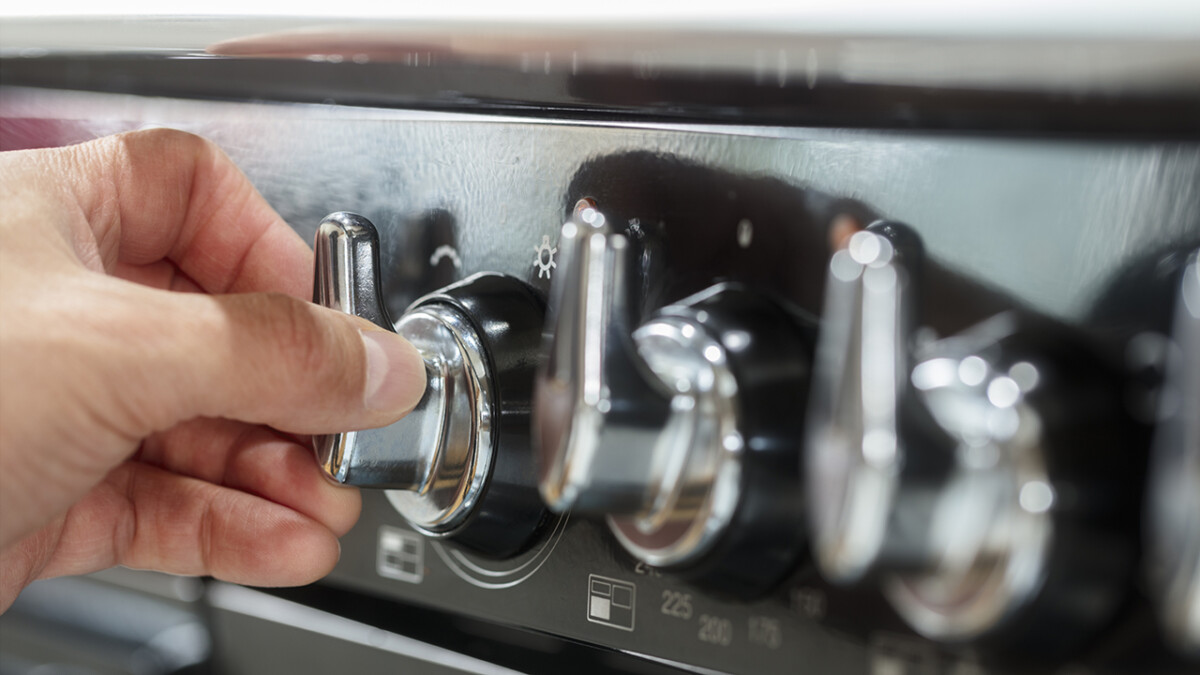Did you know that more than 70% of burn injuries happen at home? While our mission at Burn and Reconstructive Centers of America (BRCA) is Healing Patients. Healing Families. Healing Lives®, we would much rather the burn injury never occur. Burn safety is one of our top priorities.
Common grilling accidents
Fires and burn injuries are the most common hazards associated with grilling. Whether campsite barbecuing or at-home grilling, accident prevention should be a priority for everyone involved.
Gas buildup: With gas grills, there is always a risk of a gas buildup. If the propane valve is not turned off between uses or turned on with the lid closed, this can cause a gas buildup in the grill. Gas buildups and gas leaks are explosion hazards. Always inspect your equipment before lighting the grill, especially after a long period between uses.
Liquid accelerants: Liquid accelerators should never be used. These include gasoline, diesel, liquid fire starter, alcoholic beverages, etc. Using liquid accelerants on already lit fires can cause the fire to trail the fumes from the grill back to the container in your hand.
Grill location: Grills should be placed at least 10 feet away from structures, bushes and other flammable materials in case of a flashback, explosion or other accident that may contribute to an out-of-control fire. Grills should never be housed on wooden decks but on brick or stone patios.
Loose-fitting clothing: The person grilling should never wear loose-fitting clothing. Long or dangling sleeves can catch fire if you’re not careful.
Hot ash and sparks: Hot ash and sparks are a fire hazard, especially during dry spells. Make sure you empty the ash catcher in charcoal grills regularly and dump the ash in a metal trash container when they have cooled. Along with that, clean your grill regularly. Fat buildup can contribute to more sparks, cause a grease splatter burn and a larger fire.
Common grilling injuries
At BRCA, our healthcare teams treat various grilling-related injuries every year. Some of the most common injuries associated with grilling include flash burns and contact burns, both of which are thermal burns. Thermal burns fall into six categories: scalds, thermal contact burns, electrical burns, chemical burns, radiation burns and burns caused by fire. According to the National Fire Prevention Association (NFPA), roughly half of grill injuries are thermal burns.
Flash burns: Flash burns are injuries caused by sudden and intense heat. When a fire flares up suddenly, especially after adding liquid fire accelerants, people standing nearby may experience flash burns. Flash burns can singe facial hair, catch flammable material (clothes, hair, etc.) on fire and cause varying degrees of burns and inhalation injuries. Facial burns, third-degree burns and inhalation injuries are considered medical emergencies, and treatment should be sought as soon as possible.
Contact burns: These burns occur when your body comes into contact with a hot surface, such as a grill grate, hot ash, etc. Contact burns associated with grilling are common among children who may touch something they don’t know is hot or accidentally step on hot coal. It is important to always wear closed-toed shoes in case something hot does fall on the ground and to keep children away from the grilling area. The tops of your feet have very thin skin, so wearing sandals or flip-flops can leave you at risk for burn injuries. You are also advised to use utensils with long handles to stay clear of hot surfaces. Second and third-degree contact burns to the hands and feet require medical attention to regain everyday function.
Charcoal grill safety tips
Charcoal grills are dangerous for different reasons than gas grills. Like an open fire, the hot coals cause the most concern, along with the fumes, if grilling in a poorly ventilated space.
- Never use an accelerant such as gasoline to light a grill, bonfire or debris pile.
- Never add an accelerant to an already lit fire because the flames can flashback into the container and explode.
- Dispose of hot coals properly: Soak with water, then stir and soak again to ensure the fire is out.
- Clean out the ash catcher regularly.
- Never dispose of hot ash. Wait for the ash to cool, then dispose of it in a metal container. Do not throw it in with your household garbage, as this is a fire hazard.
- Only operate the grill in a well-ventilated area. A buildup of smoke can make you lightheaded, pass out or suffer inhalation injuries.
Gas grill safety tips
According to the National Fire Prevention Association, gas grills contribute to more annual fires than charcoal grills due in part to their use of propane gas and its hazards.
- Always turn off the propane tank valve when not in use.
- Never try to light a gas grill with the lid closed. This can cause a build-up of gas that is a combustion or explosion hazard.
- Never, ever use a match to check for leaks.
- Find leaks by spraying soapy water on gas line connections. If you see water bubbles, there is a leak.
- Create a safe, well-ventilated area for the grill that includes a no-kid zone.
- After every season, cover up your grill and inspect it for damage before the next use. A damaged gas grill should not be used as there is a possibility of malfunctioning that may result in injury or fire.
Further Information
For more information about grill safety or thermal burns, please visit our website at www.burncenters.com. If you are suffering from a grilling injury, please don’t wait to seek help. Call our experts 24/7 at (855) 863-9595 for your non-emergent needs. For emergencies, please call 911.
For more information on thermal burns, click here.
